Apple has long touted its commitment to protecting the privacy of its users, so much so that the company has since announced a new feature for iPhones in the form of Lockdown Mode.
What makes Lockdown Mode different from the current privacy and security features already in place is that it’s an extreme form of security. It will not be enabled by default and users will need to activate it manually, but that’s because it’s only meant to be used in extreme situations where it will limit some of the capabilities of the device.
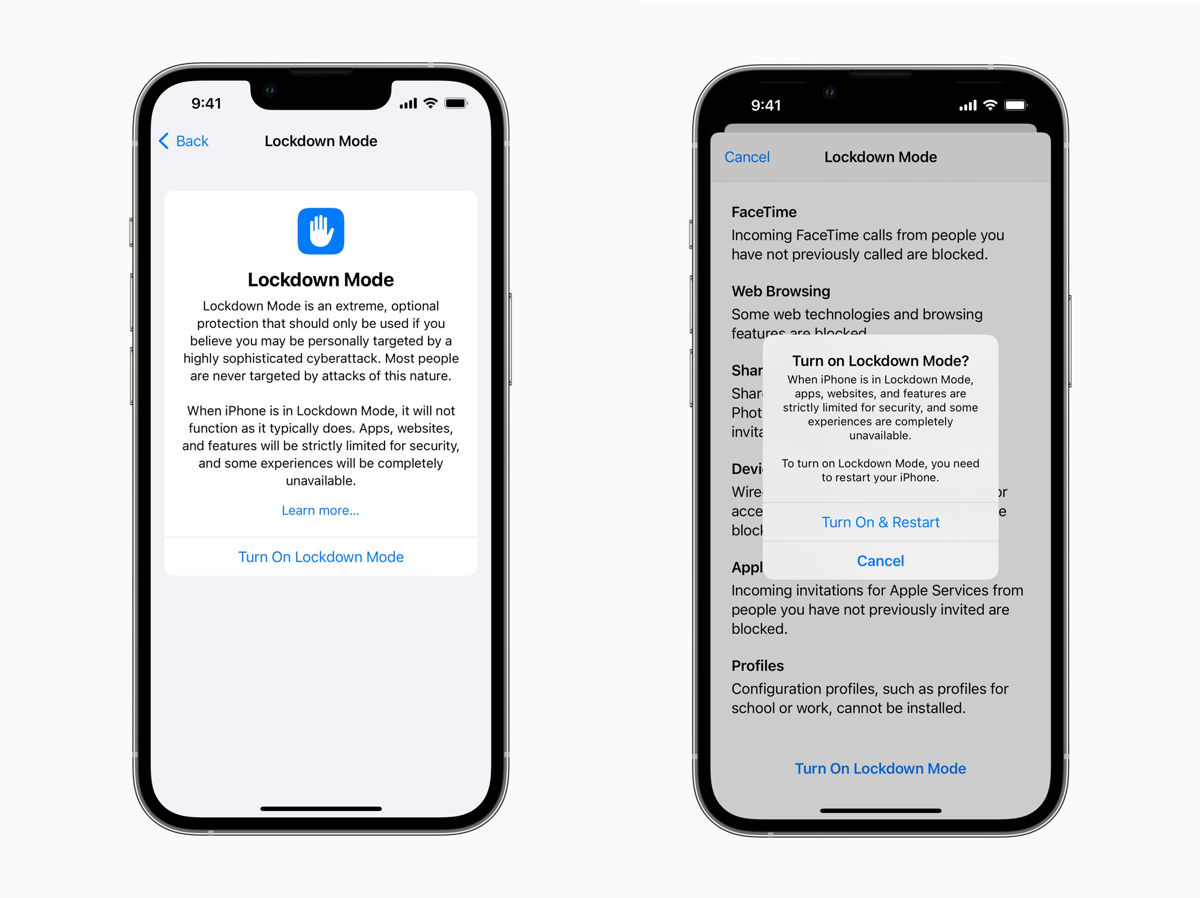 According to Apple, these are some of the protections that Lockdown Mode will offer at launch, suggesting that more security features could be added in the future:
According to Apple, these are some of the protections that Lockdown Mode will offer at launch, suggesting that more security features could be added in the future:
- Messages: Most message attachment types other than images are blocked. Some features, like link previews, are disabled.
- Web browsing: Certain complex web technologies, like just-in-time (JIT) JavaScript compilation, are disabled unless the user excludes a trusted site from Lockdown Mode.
- Apple services: Incoming invitations and service requests, including FaceTime calls, are blocked if the user has not previously sent the initiator a call or request.
- Wired connections with a computer or accessory are blocked when iPhone is locked.
- Configuration profiles cannot be installed, and the device cannot enroll into mobile device management (MDM), while Lockdown Mode is turned on.
Apple has also announced that they are adding Lockdown Mode to the Apple Security Bounty program where bugs and exploits found that could bypass the feature could see reward payouts of up to $2 million. Lockdown Mode won’t just be exclusive to iPhones but will also be available for the iPad and Mac computers, assuming they all run iOS 16, iPadOS 16, or macOS Ventura at the minimum.
It’s an interesting feature and we have to wonder if this is something Google could bring to Android in the future as well. Google has already followed in Apple’s footsteps regarding app privacy, so it is possible that they could come up with their own solution in the future.
Source: Apple

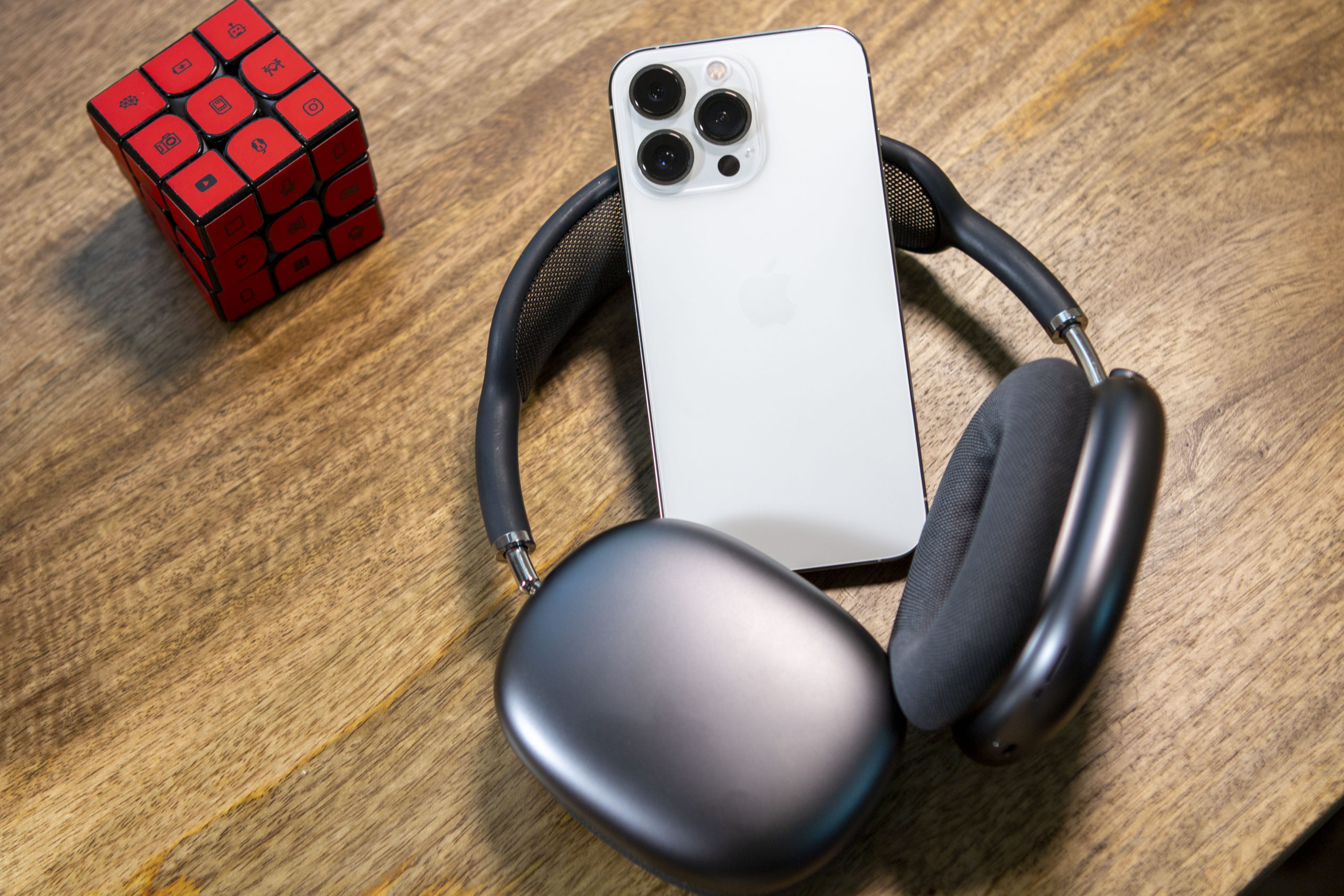




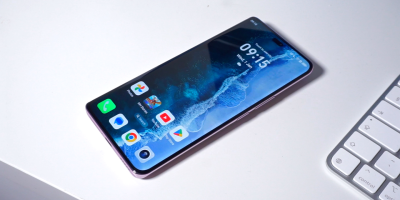

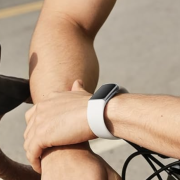
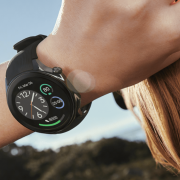


Comments